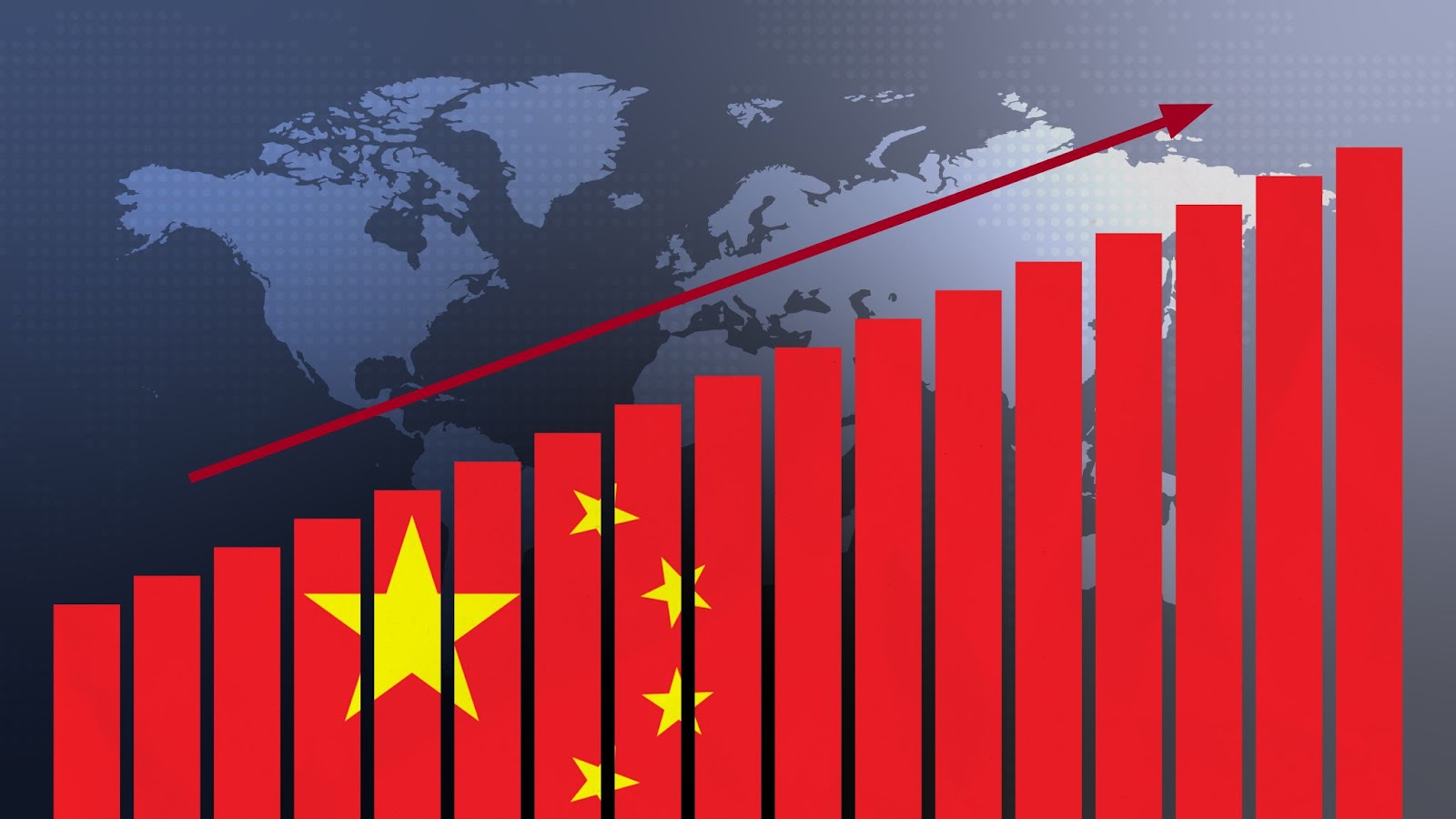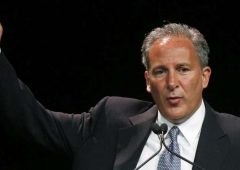China’s Economic Challenges Intensify: Can Policy Changes Revive Growth?
23.10.2024 18:00 1 min. read Alexander Stefanov
China's recent economic policies are unlikely to significantly boost its struggling economy, according to Haibin Zhu, chief China economist at JPMorgan Chase.
He argues that these measures focus on short-term risk mitigation rather than fostering substantial growth. Despite recent rate cuts and initiatives, skepticism persists about the government’s willingness to implement more extensive fiscal measures.
China’s ambitious 5% growth target for 2024 appears increasingly unattainable amid weak consumer spending, uncertain exports, and a shaky property market. Initial optimism following late September’s stimulus measures has faded, revealing they fell short of investor expectations.
Signs of deflation and concerns of prolonged stagnation, reminiscent of Japan’s past, are emerging, with many global banks predicting China will miss its growth target.
The service sector, which accounted for 48% of jobs last year, is often overlooked as the government focuses on enhancing manufacturing. Consumer confidence has plummeted to an 18-month low, and while exports are at a nearly two-year high, resistance to cheap Chinese goods from various countries complicates the recovery.
With domestic confidence shaken and bank loans contracting, it’s imperative for Beijing to deliver concrete results to avoid further disappointment.
-
1
Economic Instability and Political Shift Fueling Bitcoin’s Rise – Galaxy Digital CEO
23.05.2025 12:00 2 min. read -
2
Trump Renews Attack on Fed Chair, Calls for Immediate Rate Cuts
18.05.2025 8:00 1 min. read -
3
Japan’s Inflation Hits 3.5% as Food Prices Soar and Tariff Risks Loom
23.05.2025 21:00 1 min. read -
4
US Dollar Dominance Under Threat Amid Yuan’s Global Ambitions
22.05.2025 14:00 2 min. read -
5
Wall Street Analyst Sees Bright Side of Ballooning U.S. Debt
30.05.2025 8:00 2 min. read
Tariffs Threaten to Stall U.S. Growth in 2025, Recovery Not Expected Until 2026
The U.S. economy may be closer to a downturn than many realize, according to Jay Bryson, chief economist at Wells Fargo.
Dollar Faces Deep Decline as Fed Cuts Pressure Currency, Warns Morgan Stanley
Morgan Stanley has issued a cautionary outlook on the U.S. dollar, predicting a major decline over the coming year as Federal Reserve rate cuts take hold.
Trillions in Debt Payments Could Break U.S. Economy, Ray Dalio Predicts
Legendary investor Ray Dalio has issued a stark warning about the trajectory of U.S. government finances, suggesting the country is drifting toward a series of severe economic shocks unless its debt spiral is urgently addressed.
Wall Street Veteran Warns Tariffs Could Disrupt AI-Driven Market Rally
Steve Eisman, the famed investor known for forecasting the 2008 housing collapse, is sounding the alarm—not on overvalued tech stocks or interest rates, but on the escalating risk of global trade disputes.
-
1
Economic Instability and Political Shift Fueling Bitcoin’s Rise – Galaxy Digital CEO
23.05.2025 12:00 2 min. read -
2
Trump Renews Attack on Fed Chair, Calls for Immediate Rate Cuts
18.05.2025 8:00 1 min. read -
3
Japan’s Inflation Hits 3.5% as Food Prices Soar and Tariff Risks Loom
23.05.2025 21:00 1 min. read -
4
US Dollar Dominance Under Threat Amid Yuan’s Global Ambitions
22.05.2025 14:00 2 min. read -
5
Wall Street Analyst Sees Bright Side of Ballooning U.S. Debt
30.05.2025 8:00 2 min. read


